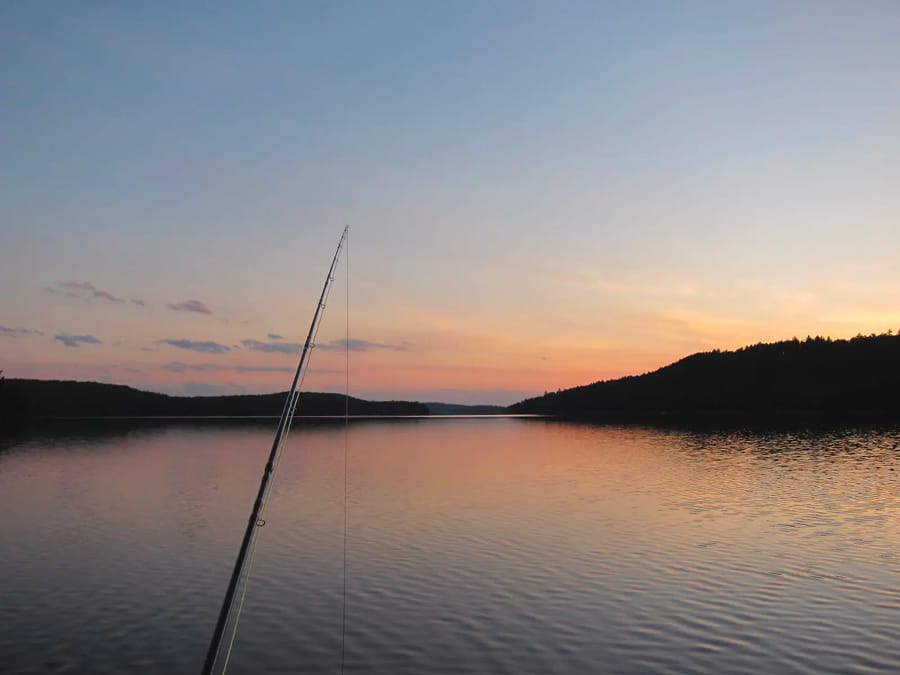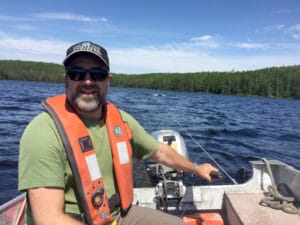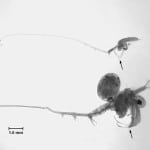

A professor from Lakehead University in Thunder Bay is launching a new research project focused on the effects of two human impacts on the fish of Quetico Provincial Park. Dr. Michael Rennie recently received a $75,000 grant from the Quetico Foundation to support the study.
The project will look at nonnative invasive spiny water flea and climate change and how they both affect walleye and the important forage fish cisco (also known as lake herring).
“Recreational fisheries are a keystone to local economies, worth $1.3 billion in Ontario alone per year,” Rennie said. “This is especially true in remote park regions like Quetico Provincial Park, a mecca for backcountry canoeists and fishermen. However, invasive species like the spiny water flea and climate change threaten these pristine systems, and may require a change in management strategies given these ongoing environmental changes.”
Previous analysis conducted on the Minnesota side of the border has shown that walleye in lakes infested with spiny water flea grow slower when young. The microscopic invasive creatures have appeared in several lakes in the Boundary Waters and nearby, transported in water in bait buckets or boats, or on fishing gear.

It is thought that water fleas can reduce the amount of available food for fish, especially young fish that often depend on plankton for food. Spiny water flea can outcompete and replace other plankton, but are themselves inedible to fish.
Climate change is also thought to affect fisheries in the region in multiple ways. Warmer weather can increase water temperature, reducing the amount of coldwater habitat that cisco need to survive summer. Cicso, or lake herring, are a key part of the ecosystem, providing food for lake trout, walleye, and other species.
Better understanding of the emerging forces affecting fisheries could help managers set harvest goals and other fishing regulations that are aligned with the health of the fish population.
The three-year project will look at the impacts of both spiny water flea and climate change on both the growth rates and mercury load in walleye and cisco.
More information
- Quetico Foundation awards a Lakehead University researcher with a $75,000 grant
- Two invasive species in Minnesota lakes appear to cause slower walleye growth – Quetico Superior Wilderness News
- Community Ecology & Energetics Lab – Lakehead University

